News
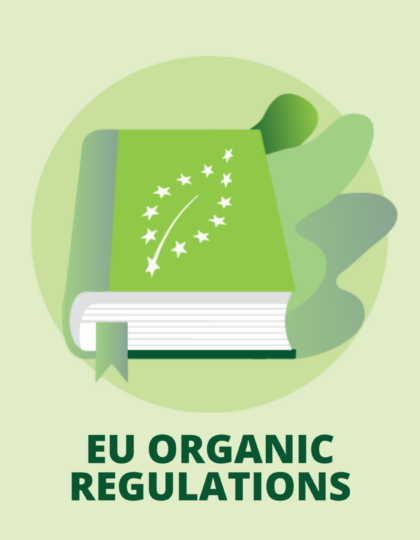
19/12/2024
Organic regulations
Compliant control bodies, factory farming & EGTOP reports
In November the Commission intensified its legislative work finalising key regulations ahead of the changes expected next year. From 1st…

29/11/2024
Organic regulations
Sponsor our sector project: Assessing the EU Organic Regulation’s fairness
We are assessing whether the current EU Organic Regulation is fair towards operators and if it adequately supports the sector…
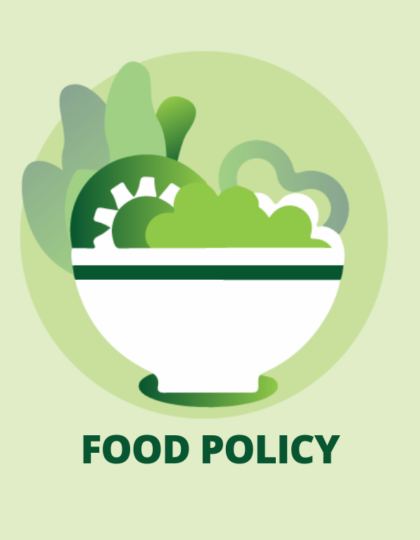
31/10/2024
Fairness & transparency
EU Agri-food Chain Observatory meets: Lack of agrifood data
On 15 October, the EU Agri-food Chain Observatory met for the second time in Brussels and online. Launched this summer,…
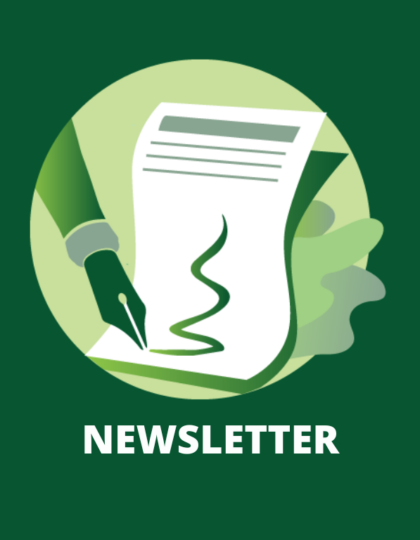
September 2024 newsletter - embracing productive months ahead
We just published our post-summer newsletter edition. Wondering what’s in it for you? Here are a few highlights you might…

17/09/2024
Organic regulations
Regulation updates: De-alcoholised wine, use organic logo, certificates, compliance & aquaculture
Following the summer break, there are a number of updates on the EU Organic Regulation. From new legal initiatives to…

Organic living labs develop and test food security & resilience scenarios
Helping to create and support “living labs” (LLs) is an important strategy within EU research and innovation to promote the…

20/08/2024
Organic regulations
New project will benefit organic operators & contribute to fairer EU Organic Regulation
In June 2024, we kicked off an exciting two-year project that will produce important information for most organic operators! Our…

The EU has continent-wide Nature Restoration Law
Today, the Nature Restoration Law entered into force. The law’s objective is the long-term recovery of nature in the EU’s…

EU Organic Regulation updates: FAQ on organic rules & second list of compliant control bodies
The Commission has updated its Frequently asked questions on organic rules with new topics. It now also clarifies questions on:…

Biodiversity management in organic greenhouses – Webinar available
In the frame of in the IPMWORKS project, we hosted a webinar on greenhouses and biodiversity – the last one…

08/07/2024
Organic regulations
Pesticide residue management in organic products
Our food supply includes conventional agricultural systems using synthetic pesticides and other agrochemical products. As our agricultural systems are open…

CDG meeting on organic farming: Agroforestry, plant protection & compliance
Organic stakeholders exchanged with the Commission on synergies between agroforestry and organic, plant protection products and the regulatory switch from…

01/07/2024
Organic regulations
First list of control bodies recognised for compliance published
The first list of control bodies (CBs) recognised for compliance regarding imports from third countries was published in the EU’s…

Positive steps for EU’s resilience in Council decisions on nature restoration, soil monitoring law & green claims
On 17 June, European legislation on soil, nature, and environmental labelling took a few steps forward as the Council of…

Read our June newsletter! Here's what you can expect.
We just published our latest newsletter, the last one before the European elections and the summer break. Wondering what’s in…

30/05/2024
Organic regulations
Civil dialogue group about plant protection products & imports
On 24 May, the European Commission held a Civil Dialogue Group (CDG) on organic farming. While the many stakeholder present…

08/05/2024
Fairness & transparency
Commission's proposed measures on unfair trading practices
In April 2024, the European Commission unveiled its non-paper Position of farmers in the food supply chain: next steps. In…

Nature restoration in jeopardy – Member States’ Environment Ministers endanger another EU law
After reaching a trilogue agreement on the Nature Restoration Law last November, adoption of a piece of European Union legislation…

Organics Europe's stance on Member State's efforts to delay anti-deforestation law (EUDR)
Some EU Member States, spearheaded by Austria and endorsed by Finland, Poland, Slovakia, Slovenia, and Sweden, are trying to weaken…
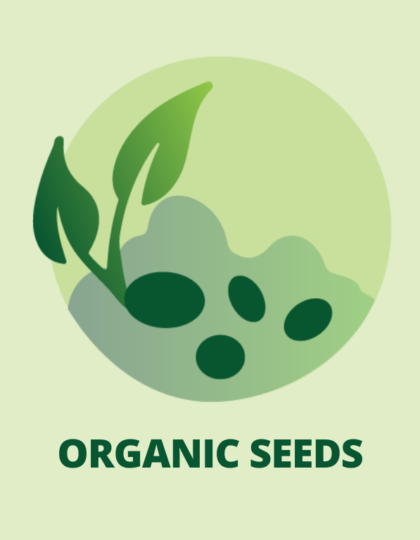
Proposal integrated Plant Reproductive Material Regulation improves after Parliament’s inputs
The EU is revising legislation on plant reproductive material, such as seeds, cuttings, trees, roots, tubers, and clones. Currently, rules…

14/03/2024
Organic regulations
Insights in international trade for EU and third country operators
On Monday 11 March, the European Organic Certifiers Council (EOCC) and IFOAM Organics Europe united experts providing insights into two…
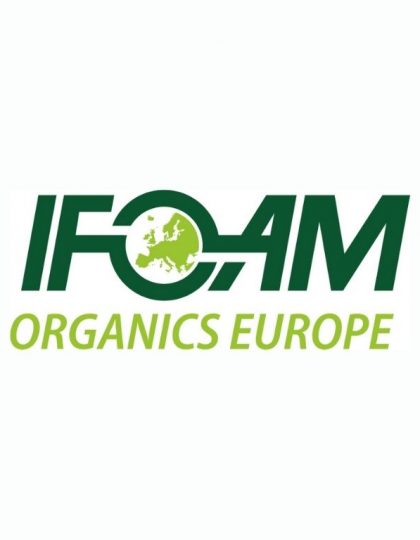
02/02/2024
Organic regulations
Statement of support for Spanish organic producers in their denunciation of a French politician's statement seeking to pit organic farmers from different countries against one another
IFOAM Organics Europe fully supports Spanish organic producers in their denounciation of a French politician’s statement seeking to pit organic…
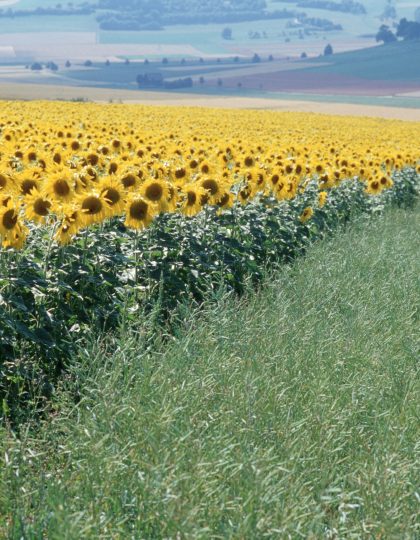
22/12/2022
Biodiversity
What the Global Biodiversity Framework means for agriculture
Two years later than initially planned, due to the COVID-19 pandemic, world leaders adopted the Kunming-Montreal Global Biodiversity Framework (GBF).…

Agreement on new deforestation law
EU consumption is responsible for around 10% of global deforestation. In the beginning of December, the Council and European Parliament…

1 million EU citizens knock on EU’s door: No synthetic pesticides to save bees & farmers
Over 1 million EU citizens are asking to restore nature, provide healthy food, healthy soil and clean water. On Friday 25…
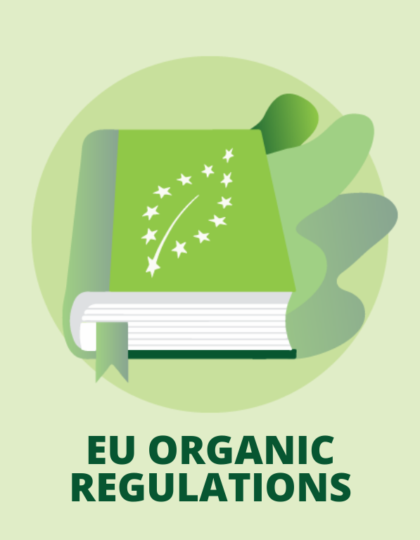
28/10/2022
Organic regulations
Changes in regulation on recognition of control authorities & bodies for the purpose of import of organic products into the EU
While the EU Organic Regulation 2018/848 has been in force since the start of the year, implementing regulation that specify…

14/09/2022
Biodiversity
European Parliament adopts position on deforestation-free products
The European Parliament has voted on its position on the Commission proposal for a regulation on deforestation-free products. On 13…

28/06/2022
Organic regulations
IFOAM Organics Europe launches a guideline on the use of Flavourings in Organic Food
One of the new EU Organic Regulation (EU) 2018/848’s novelties is the restriction of the use of natural flavourings in…

Alternatives to contentious input in organic - Heritage of RELACS project
The RELACS project developed and researched alternatives to contentious inputs in organic crop production – copper and mineral oils, nutrient…

Wrapping up the RELACS project: Policy roadmaps, videos & other publications
The RELACS project, which aims at finding alternatives to contentious inputs in organic farming, came to an end on 29…

Welcome note March 2022 newsletter
Dear readers, These are troubling times for Europe and the world. On top of climate and biodiversity crises we now…

22/03/2022
Organic regulations
Guidelines to help interpret EU Organic Regulation now online
After a 10-year long process, the new EU Organic Regulation has started to apply on 1 January 2022. The basic…

Expert on recycled fertilisers? Join our Task Force on Recycled Fertilisers
IFOAM Organics Europe’s Board created a Task Force on Recycled Fertilisers. This decision comes in the context of the “Integrated…

Soil Health Law: Organic movement’s contribution to public consultation
60-70% of soils in the EU are not healthy and the EU still lacks a comprehensive soil protection policy. In…

Welcome note February 2022 newsletter
Dear Readers, I would like to welcome you back after the winter break and take this opportunity to wish you…
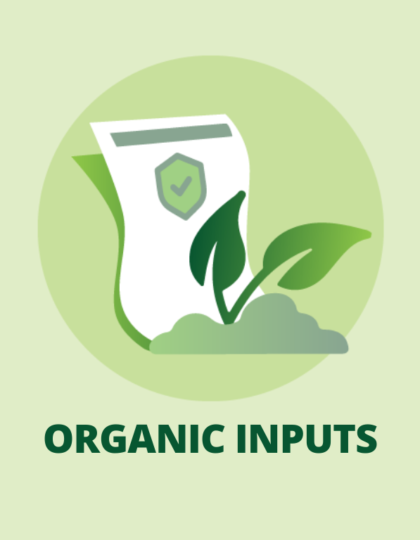
Trialogues on Regulation on Statistics on Agricultural Inputs and Outputs to start
On 10 December, the Council of the EU approved its mandate for negotiations on the Regulation on Statistics on Agricultural…
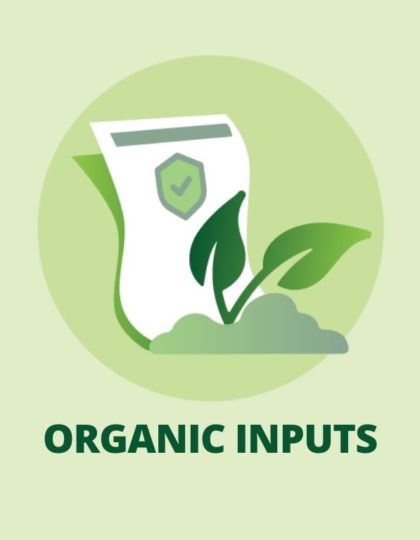
Revised Directive for a Sustainable Use of pesticides expected on 23 March
The indicative calendar of the European Commission for the first half of 2022 mentions the launch of a “Nature restauration…
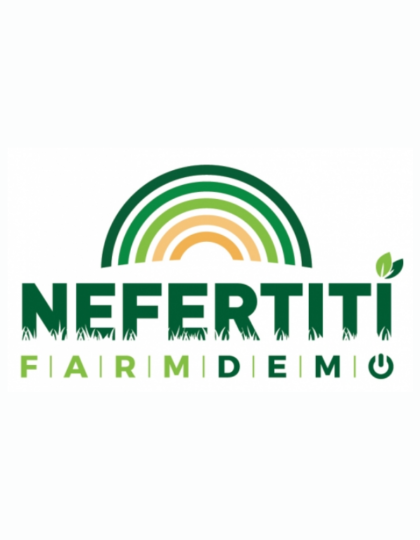
New tools and practices for organic dairy sector from the NEFERTITI project
Looking for inspiration for improving organic dairy farming? Check out the new videos from the NEFERTITI project that showcase tools…

19/01/2022
Animal welfare
Feedback to the public consultation on animal welfare
The European Commission launched a public consultation on the revision of the EU legislation on animal welfare. IFOAM Organics Europe…

05/01/2022
Organic regulations
New EU Organic Regulation: Guidelines & main changes
After a 10-year long process, the new EU Organic Regulation has started to apply on 1 January 2022. The basic…

05/01/2022
Organic regulations
Update on consolidated version of Regulation (EU) 2018/848
After ten years of activities, the New EU Organic Regulation (EU) 2018/848 has entered into application. As expected, many delegated…

